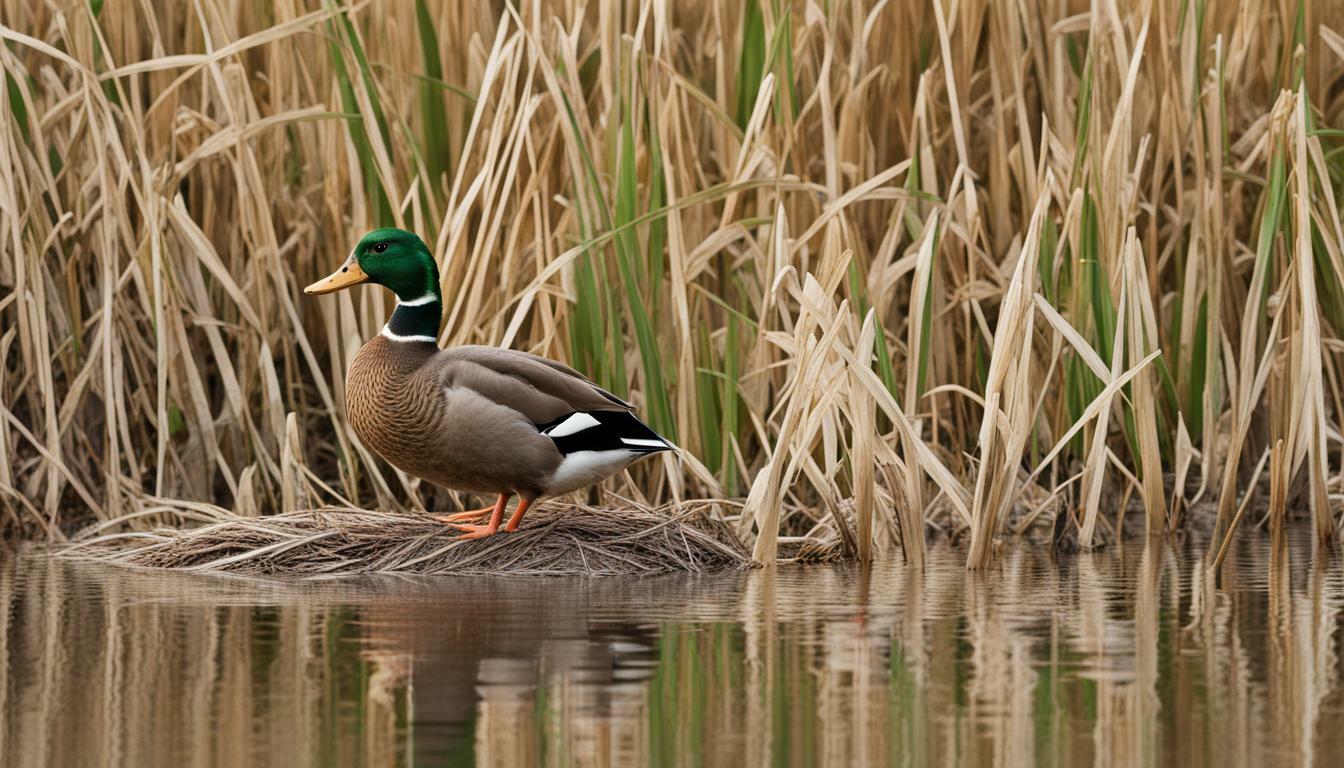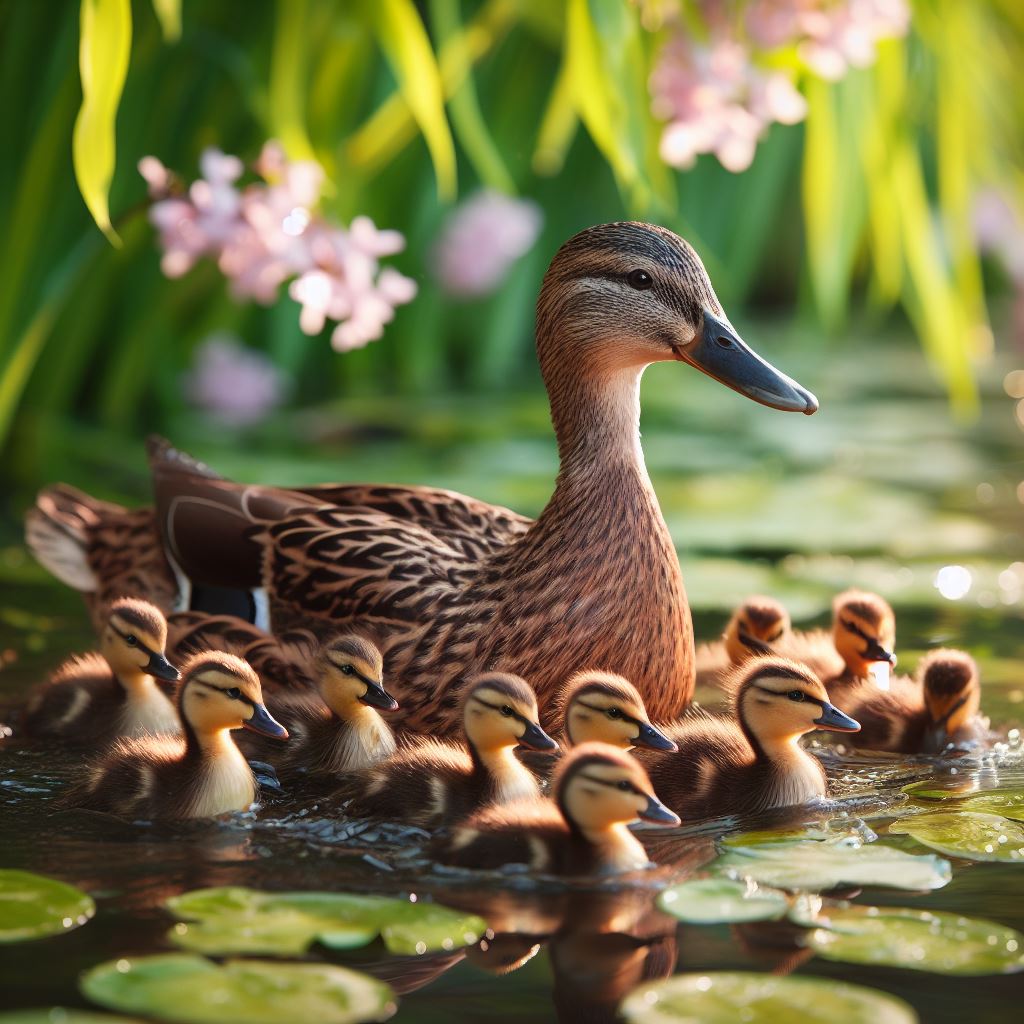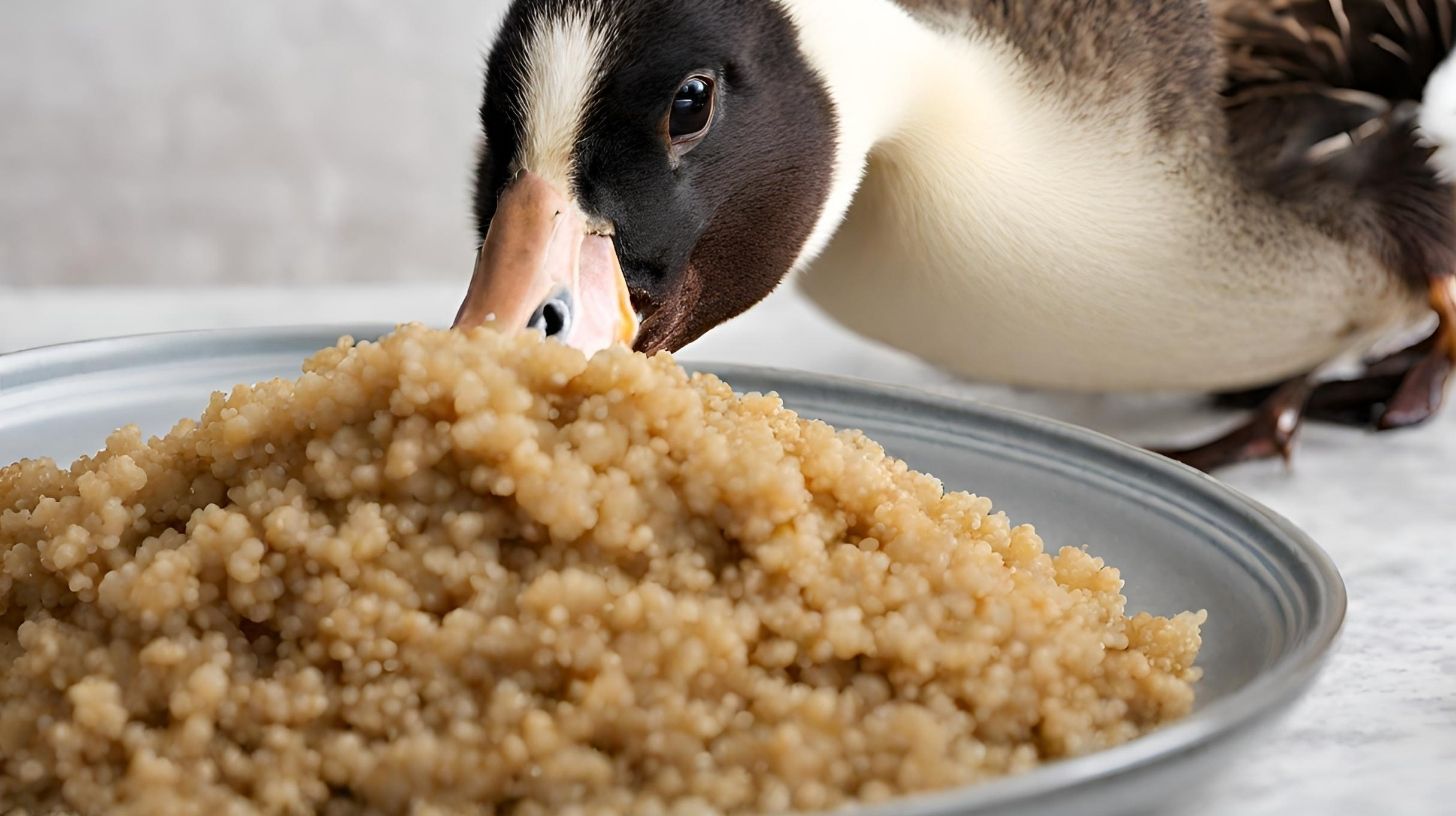Do Male Ducks Lay Eggs? Explore the Answer

Table of content:
Ducks are unique birds that capture the interest and fascination of people around the world. One of the most common questions about duck reproduction is whether male ducks can lay eggs. Since egg laying is typically associated with female birds, it’s understandable that people wonder if male ducks share this ability.
In this article, we’ll explore the intriguing question of whether or not male ducks lay eggs. We’ll look at duck anatomy, the egg laying process, and reasons why duck eggs are only produced by females. Read on to satisfy your curiosity about this fascinating feature of duck biology!
The Egg Laying Process in Female Ducks
To fully grasp why males can’t lay eggs, it helps to understand how egg laying works in female ducks. Here’s an overview of the fascinating process:
- Egg cell production starts in the ovaries where yolks are released and captured by the oviducts.
- As the yolk travels down the oviducts, layers are added including the egg white, membranes, shell membranes, and shell.
- Pigments are added to the shell along with a protective cuticle coating. The finished egg exits through the vagina and cloaca.
- Ducks are able to retain developing eggs before laying them. This allows them to accumulate a clutch to incubate all at once.
- When it’s time to lay the eggs, contractions push the eggs out along the oviducts and through the cloaca.
As you can see, egg formation and laying require specialized female reproductive organs and hormones. Male ducks simply don’t have the right biology needed for these processes.
Why Did Ducks Evolve This Way?
All bird species evolved so that only females lay eggs. So why don’t male ducks share this immense reproductive burden?
There are a few key evolutionary reasons behind this:
- Energy Investment – Producing eggs requires large amounts of energy and nutrients. Females efficiently channel their resources into eggs whereas males put energy into competing for mates.
- Mating Strategy – Ducks form seasonal monogamous pairs. The female’s full-time egg laying duties requires her to be nurtured and protected by a non-egg laying male.
- Genetic Diversity – Females mate with multiple males but have a limited number of offspring. This increases genetic variation in the population for natural selection.
Overall, these factors contribute to healthy duck populations with a robust gene pool. Male and female ducks complement each other in specialized roles that maximize reproductive success.
Are There Any Birds Where Males Lay Eggs?
While male ducks certainly don’t lay eggs, this isn’t the case across all bird species. There are some very rare exceptions where males produce eggs.
For example, the amphibious cassowary from New Guinea and northeastern Australia sometimes has males that take over egg laying and chick rearing duties. But in general, the male contribution to parenting is simply fertilization rather than egg production.
Another interesting case is chicken breeds with a genetic condition called ovotesticular disorder. In this disorder, males retain an ovary and oviduct along with testes. This allows them to produce both sperm and eggs, although eggs are often unfertilized and development is abnormal.
So while interesting exceptions exist, the norm across birds is that egg laying and incubation is strictly a female role.
What Would Happen if a Male Duck Could Lay Eggs?
Let’s imagine a hypothetical scenario where male ducks gained the ability to lay eggs. What might happen in this situation?
- With two egg layers, a duck pair could potentially double their offspring. However, there would be more competition for limited resources.
- Males would have to expend a tremendous amount of energy on producing eggs. This could reduce their ability to fly, forage, and defend territory.
- Males abandoning their protective mate duties could leave females and nests more vulnerable to predators. Population numbers could suffer.
- Males would likely have decreased fertility since energy is being diverted into egg production. Fewer fertilized eggs would hatch.
- Pressure to care for extra eggs could lead to poor parenting decisions and more abandoned ducklings.
While an interesting thought experiment, this scenario shows why it’s advantageous that male and female ducks have separate reproductive roles. The males sticking to their duties allow duck families to thrive.
Final Thoughts
The question of whether male ducks lay eggs allows us to explore amazing waterfowl biology. While males and females have distinct reproductive roles, they work together to raise happy, healthy duck families. Next time you see ducks swimming in pairs or waddling on land, you can observe their teamwork knowing that egg laying duties are strictly reserved for the females.
Welcome. I’m Adreena Shanum, the proud owner of this website, and I am incredibly passionate about animals, especially poultry. I founded adreenapets.com as a labor of love, stemming from my desire to share my knowledge and experiences with poultry enthusiasts worldwide.




